Why Penetration Testing and Security Architecture are Crucial Skills to Become a Cybersecurity Professional
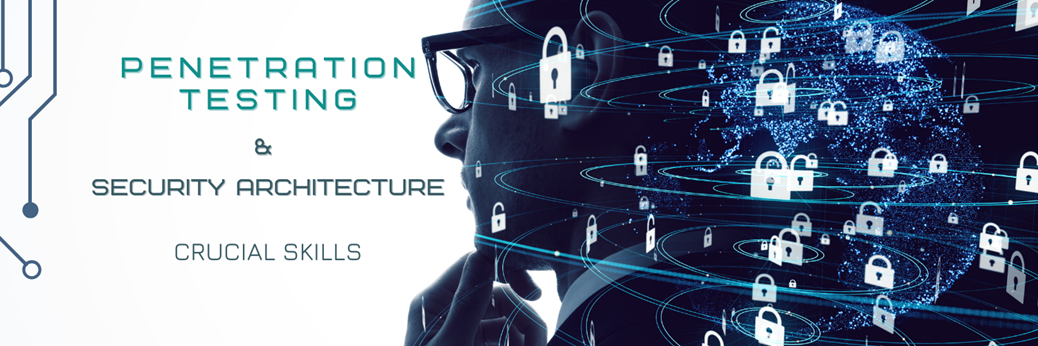
Acquiring cybersecurity skills is essential for securing jobs in today's digital age because organizations worldwide are increasingly reliant on technology and data. As cyber threats evolve, a growing demand is for professionals who can protect sensitive data and critical systems from cyberattacks.
A strong cybersecurity skill set demonstrates an individual's ability to identify vulnerabilities, implement protective measures, and respond effectively to security incidents, making them invaluable assets to any organization concerned about data security and compliance with regulations. Learning Cybersecurity skills have become a cornerstone of modern business operations, making them a prerequisite for many job opportunities across various industries.
The scope of cybersecurity specialists across various industries and organizations:
The scope of cybersecurity specialists extends across a wide range of industries and organizations, reflecting the universal need for robust digital security.
In finance, these experts protect sensitive financial data and against fraudulent activities. In healthcare, they are pivotal in ensuring patient data privacy and defending critical medical systems from cyber threats. Government agencies rely on cybersecurity specialists to protect national security and critical infrastructure. E-commerce and technology companies depend on cybersecurity specialists to protect customer information and intellectual property.
In today's interconnected world, cybersecurity specialists are indispensable in virtually every sector, underscoring their importance across diverse industries and organizations.
Now, you have understood its scope and its demand across various industries. We shall discuss in detail why penetration testing and security architecture skills are more important than others.
Penetration testing skills
Penetration testing skills are a set of technical abilities and knowledge used to assess the security of computer systems, networks, applications, and infrastructure. Penetration testers use tools, techniques, and methodologies to analyze for security gaps, misconfigurations, and potential entry points. Additionally, they must deeply understand various operating systems, programming languages, and cybersecurity frameworks.
If you intend to become a penetration tester, you need to have a profound understanding of these core concepts such as:
- Intelligence gathering
- Incidence reporting
- Restraint
Intelligence gathering
Reconnaissance plays a crucial role in any attack. When hackers intend to attack a system or network, they spend some time gathering information before executing an attack.
As cyber attack specialists, cybersecurity professionals should have the same intention of collecting data about the type of attack they implement to assault an organization's system or IT infrastructure.
The intelligence-gathering techniques include port scanning, OS fingerprinting, data mining, checking social media posts from employees, and dumpster diving.
Intelligence gathering helps the user protect the system and warn of the dangers of posting confidential data.
For example, by undertaking dumpster diving, a cybersecurity expert can try to find private information that individuals improperly dump. They might come across printed copies of messages sent via email, sticky note-written passwords, or lists of usernames on a particular system.
This sensitive information is thrown in dumpsters and improperly disposed of daily. Hackers might find and utilize it to hack without breaking into the company.
Incidence reporting
The Less Sparkling Aspect of a cybersecurity career is writing or recording a lengthy report of findings about attack incidences or scans we have carried out in the organization.
Moreover, cybersecurity's primary responsibility is clearly presenting the recorded or found information to the non-technical audience. This skill is essential that every cybersecurity professional must have.
Restraint:
The significant difference between pen testers and malicious hackers is on which side the authority of hacking lies.
For example, Pen Tester can be an illegal or malicious hacker. How? In the financial organization, a pen tester plays a crucial role in discovering a vulnerability and helps protect fund transference without sounding alarms.
Although chances of breaching and exploiting are possible, the strong restraint and powerful tools you utilize minimize the potential for security breaches and unauthorized activities.
Without restraint, organizations face drastic loss of confidential data and evidence from malicious hackers' attacks. This type of attack would happen in a fraction of a second before cyber professionals discover it.
Security architecture skills
Security architecture skills encompass the knowledge and expertise required to design, implement, and maintain a robust and effective security infrastructure within an organization's IT environment. This involves assessing potential risks, understanding the latest threats and vulnerabilities, selecting and configuring security technologies such as firewalls, intrusion detection systems, and encryption mechanisms, and creating policies and procedures to ensure compliance with security best practices and regulations.
Under the Security architecture skills, three core security management concepts help you identify the threat. They are:
- Identity and access management
- Network configuration
- System hardening
Identity and access management:
Identity and access management are typical tasks that must be followed daily for analyzing vulnerabilities. The user must have an authentication into their computers, network, ERPs, and apps.
These networks and systems contain authentication modules that, if tempered, can grant access to suspicious individuals. Additionally, systems may occasionally need redesigned, giving users excessive permissions.
Finally, some settings can let visitor accounts do delicate operations. Identity and access management must be done effectively to avoid exposing the organization to further dangers, which is part of the cybersecurity responsibility. To become a cybersecurity specialist, you must have a profound understanding of various identity and access management systems.
For example, many firms have domain controllers who manage computers in a specified domain. Cybersecurity professionals should be able to gain access to domain controllers and perform actions such as adding or revoking user rights.
Network configuration
The network is an indispensable part of every organization and will always be in the spotlight regarding security. As a cybersecurity professional, you should be familiar with subnetting, network segmentation, and isolation.
Moreover, they should have a comprehensive understanding of the configuration of firewalls and IDS. They should be competent to perform network setup and maintenance activities. They should also be familiar with how the organizational network is laid out and be able to change it as needed.
System hardening:
Hosts, servers, and applications should not be easy targets for attackers. They should be fortified to withstand hacking efforts so that hackers are convinced before making substantial inroads into a company.
This ERP system could be installed on a local server. Hackers could access the app through various means, including hacking the server.
To avoid this from occurring, cybersecurity professionals should implement intrusion prevention systems and firewalls. Hackers could conduct brute-force assaults against the app's login UI as an alternative.
Cybersecurity specialists could implement procedures to prevent multiple login attempts quickly. But hackers finally try out social engineering and get the details of employees and their passwords who utilize ERP systems.
Cybersecurity experts might use two-factor authentication and inform employees about phishing attempts. As the ERP system hardened, the system's hacking had less possibility.
Because cybersecurity careers encompass many such functions, experts in this industry must be knowledgeable about the ways they can harden various systems.
In conclusion, acquiring skills in penetration testing and security architecture is paramount for aspiring cybersecurity professionals because these competencies enable them not only to identify vulnerabilities and assess real-world threats but also to design and implement robust defence mechanisms, ultimately safeguarding critical digital assets and contributing significantly to the ever-evolving field of cybersecurity.
Find a course provider to learn Cyber Security
Java training | J2EE training | J2EE Jboss training | Apache JMeter trainingTake the next step towards your professional goals in Cyber Security
Don't hesitate to talk with our course advisor right now
Receive a call
Contact NowMake a call
+1-732-338-7323Take our FREE Skill Assessment Test to discover your strengths and earn a certificate upon completion.
Enroll for the next batch
hands on cyber security training
- Sep 1 2025
- Online
cyber security classes online
- Sep 2 2025
- Online
hands on cyber security training
- Sep 3 2025
- Online
Cyber Security
- Sep 4 2025
- Online
hands on cyber security training
- Sep 5 2025
- Online
Related blogs on Cyber Security to learn more
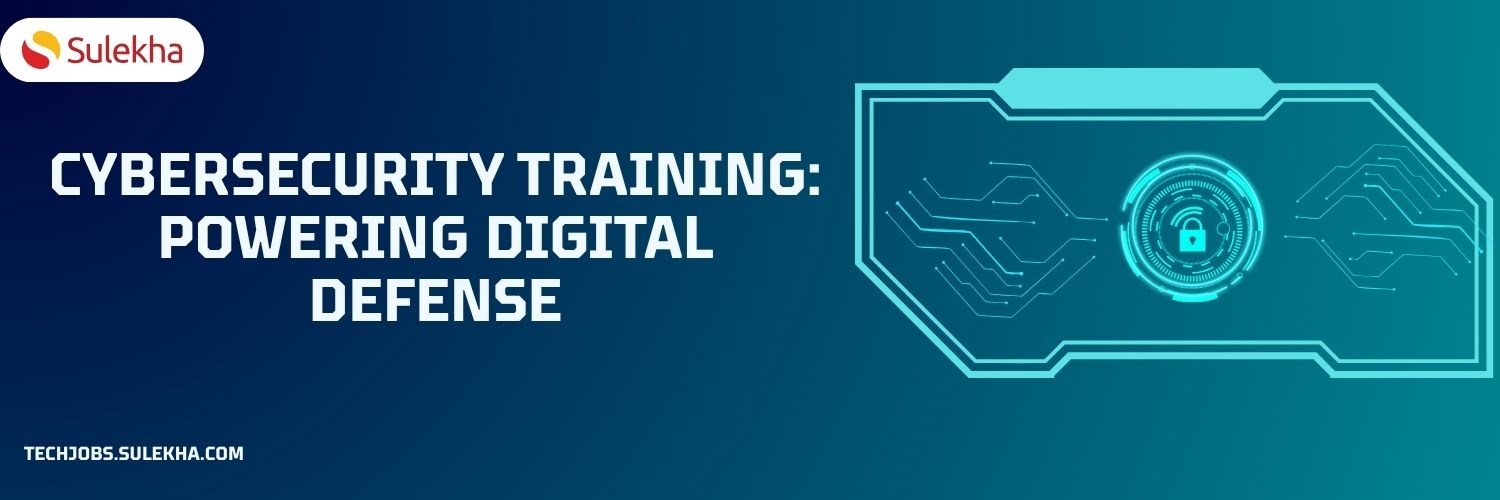
Cybersecurity Training: Powering Digital Defense
Explore top cybersecurity training programs in the USA to meet rising demand in digital defense. Learn about certifications, salaries, and career opportunities in this high-growth field.
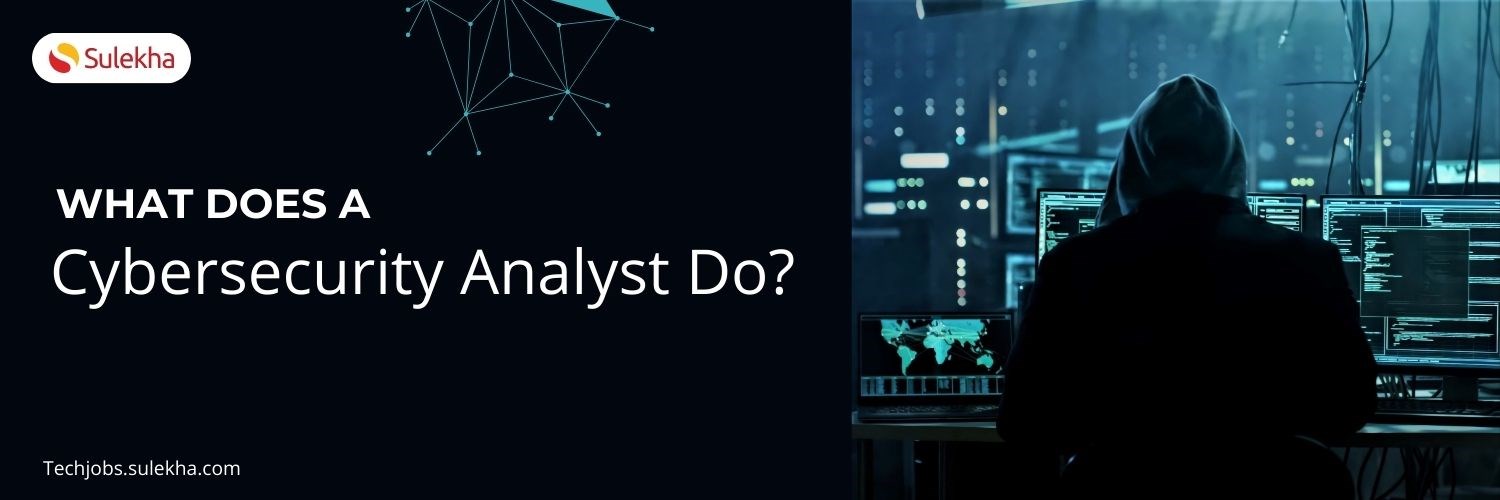
What Does a Cybersecurity Analyst Do? 2025
Discover the vital role of a Cybersecurity Analyst in 2025, protecting organizations from evolving cyber threats through monitoring, threat assessment, and incident response. Learn about career paths, key skills, certifications, and why now is the be
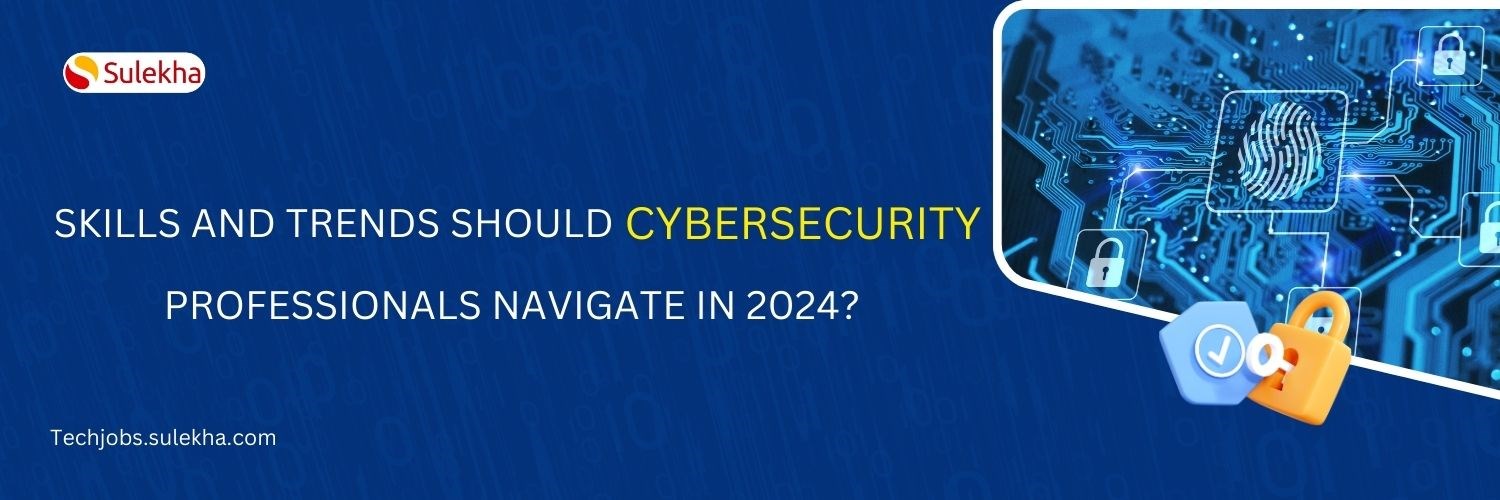
What essential skills and trends should cybersecurity professionals navigate in 2024?
Cybersecurity professionals in 2024 must master a diverse skillset, from cloud security and AI to soft skills like communication and problem-solving, to stay ahead of evolving cyber threats and regulations.
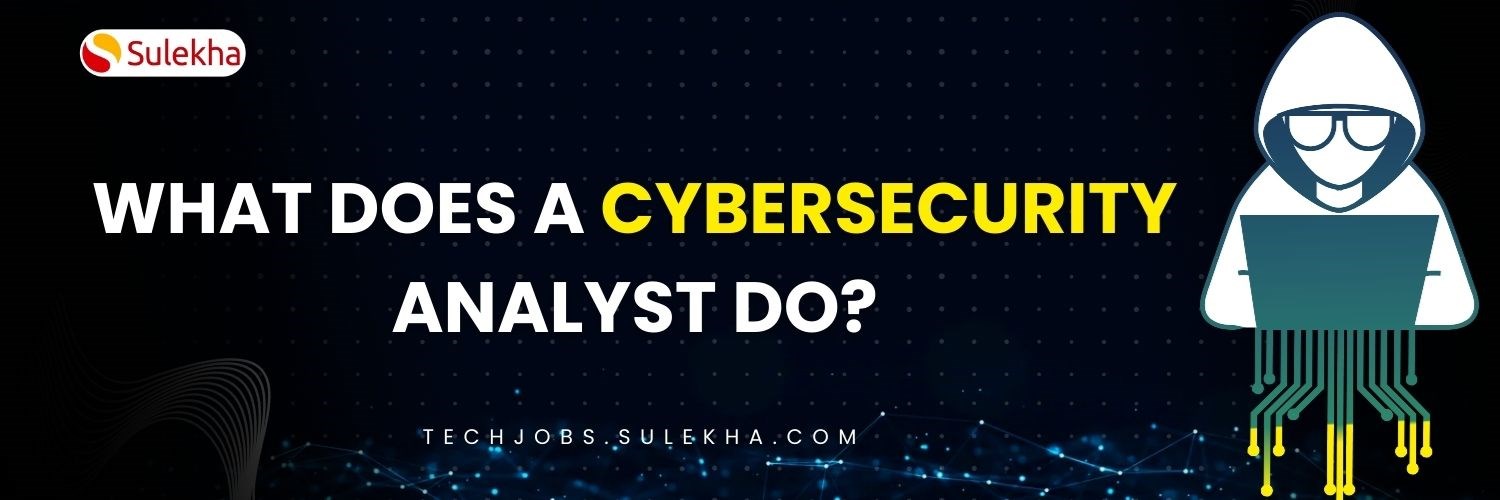
What Does a Cybersecurity Analyst Do?
Learn about the role of a Cybersecurity Analyst, responsible for protecting an organization's computer networks from cyberattacks.
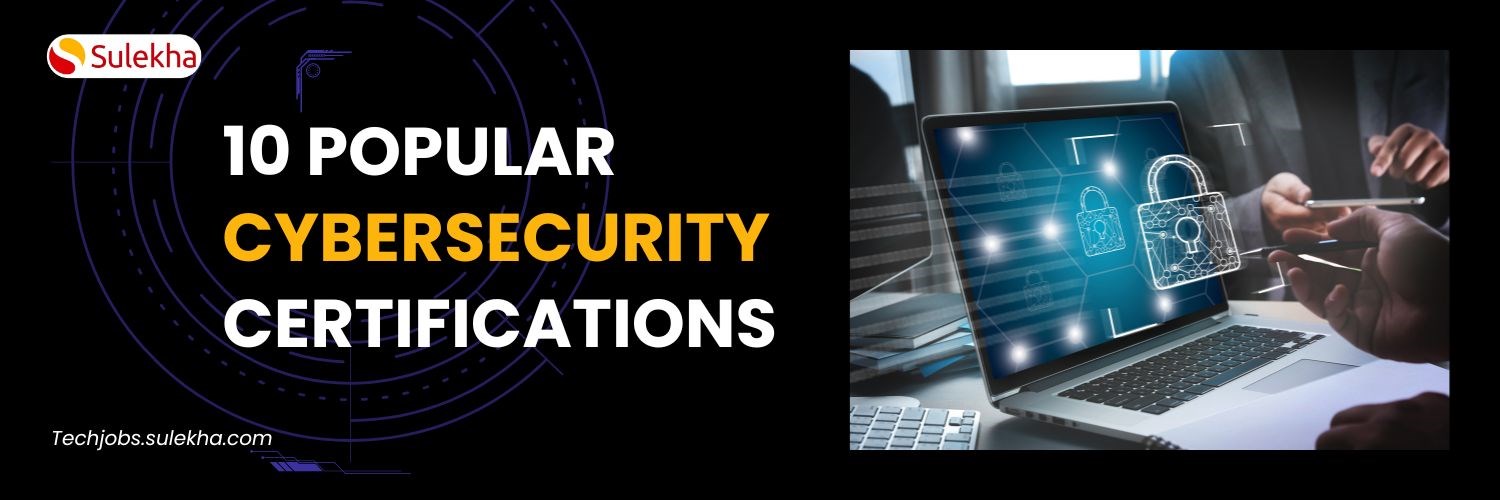
10 Popular Cybersecurity Certifications
From CompTIA Security+ to CISSP, these certifications can boost your career and demonstrate your commitment to protecting computer systems and networks.

What are the most popular technical certifications for future career advancement?
Unlock your potential with insights into 5 popular technical certifications for future career growth, spanning cybersecurity, blockchain, cloud computing and more. Explore pathways for professional advancement today.
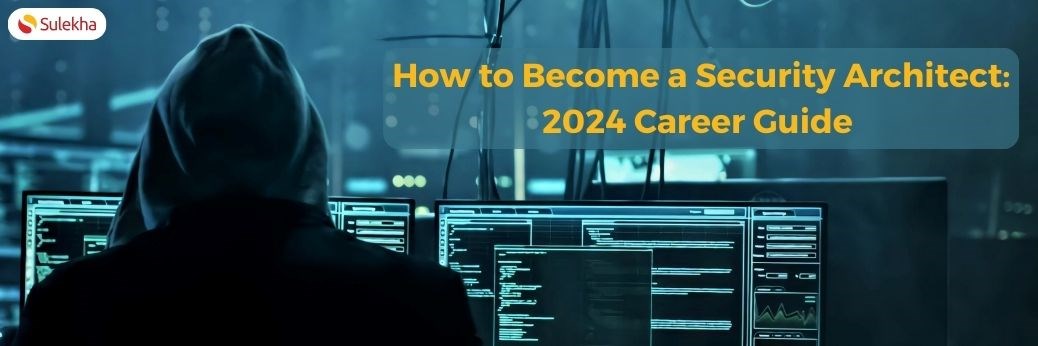
How to Become a Security Architect: 2024 Career Guide
How to Become a Security Architect: 2024 Career Guide In today's fast-paced and digitally interconnected world, the role of a Security Architect
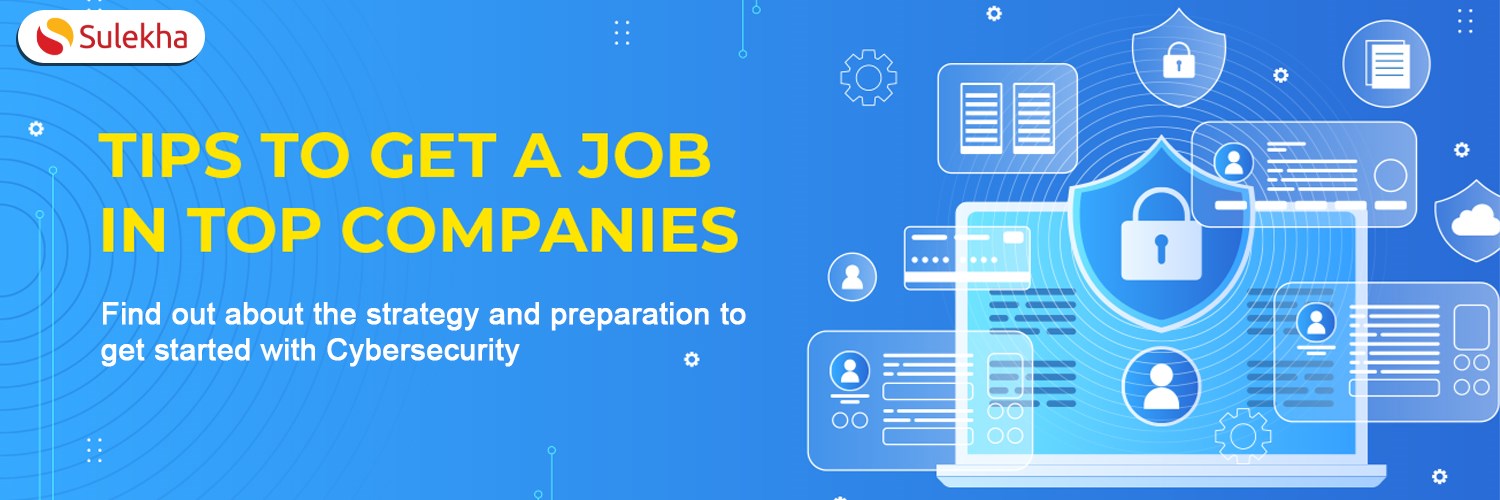
Tips to get a job in top companies - Find out about the strategy and preparation to get started with Cybersecurity
As companies adopt cloud services, IoT devices, and remote work solutions, their attack surface expands. Cybersecurity experts are essential to ensure the security of these technologies and networks. The expertise of cybersecurity specialists bolster
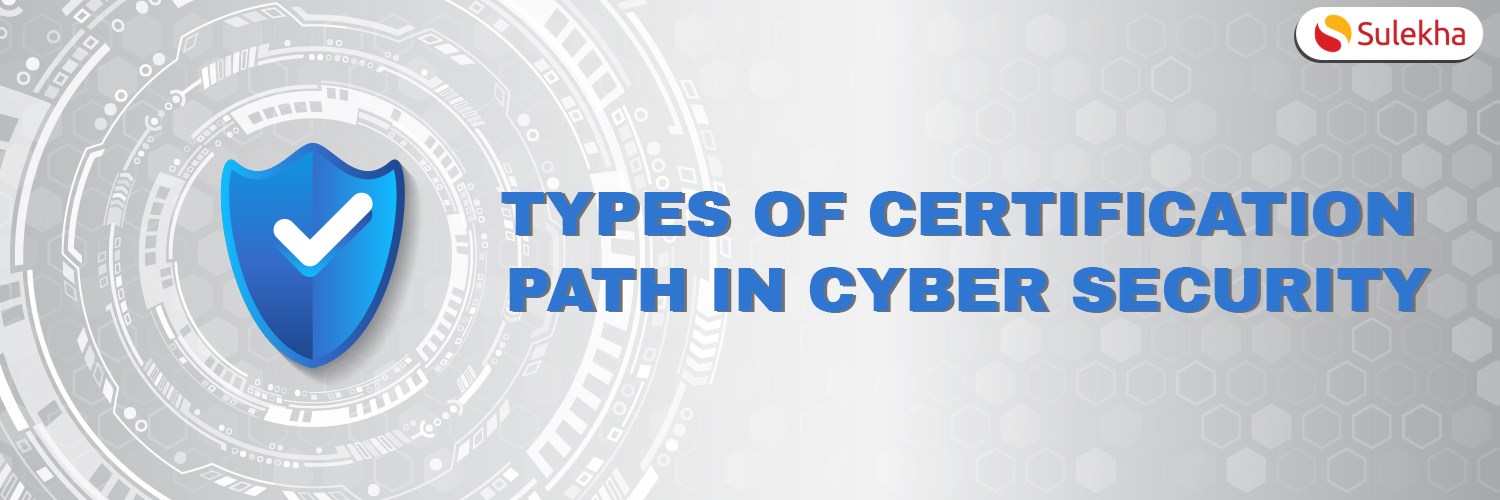
Types of certification path in cyber security
Pursuing certification courses in cybersecurity is considered mandatory due to several compelling reasons. Firstly, the ever-evolving nature of cyber threats demands that cybersecurity professionals stay updated with the latest knowledge and skills.
Latest blogs on technology to explore

Understanding Artificial Intelligence: Hype, Reality, and the Road Ahead
Explore the reality of Artificial Intelligence (AI) — its impact, how it works, and its potential risks. Understand AI's benefits, challenges, and how to navigate its role in shaping industries and everyday life with expert training programs

How Much Do Healthcare Administrators Make?
Discover how much healthcare administrators make, the importance of healthcare, career opportunities, and potential job roles. Learn about salary ranges, career growth, and training programs with Sulekha to kickstart your healthcare administration jo

How to Gain the High-Income Skills Employers Are Looking For?
Discover top high-income skills like software development, data analysis, AI, and project management that employers seek. Learn key skills and growth opportunities to boost your career.

What Companies Expect from Product Managers in 2025: Skills, Tools, and Trends
Explore what companies expect from Product Managers in 2025, including essential skills, tools, certifications, and salary trends. Learn how to stay ahead in a rapidly evolving, tech-driven product management landscape.

Breaking Into AI Engineering: Skills, Salaries, and Demand in the US
Discover how to break into AI engineering with insights on essential skills, salary expectations, and rising demand in the US. Learn about career paths, certifications, and how to succeed in one of tech’s fastest-growing fields.

Cybersecurity Training: Powering Digital Defense
Explore top cybersecurity training programs in the USA to meet rising demand in digital defense. Learn about certifications, salaries, and career opportunities in this high-growth field.

Why Pursue Data Science Training?
Empower your career in a data-driven world. Learn why data science training is crucial for high-demand jobs, informed decisions, and staying ahead with essential skills.

What Does a Cybersecurity Analyst Do? 2025
Discover the vital role of a Cybersecurity Analyst in 2025, protecting organizations from evolving cyber threats through monitoring, threat assessment, and incident response. Learn about career paths, key skills, certifications, and why now is the be

Artificial intelligence in healthcare: Medical and Diagnosis field
Artificial intelligence in healthcare: Medical and Diagnosis field

iOS 18.5 Is Here: 7 Reasons You Should Update Right Now
In this blog, we shall discuss Apple releases iOS 18.5 with new features and bug fixes
- Data Security Mastering PII Protection In Cybersecurity
- CompTIA Network+
- Information Security Analyst
- Cyber Security Awareness And Prevention
- Cyberark
- Security Architect
- Information Security Specialist
- IT User Support Specialist
- Certified Information Systems Auditor
- Cybersecurity Essentials Protecting Yourself In The Digital Age
- CISSP
- CompTIA Security+ 701
